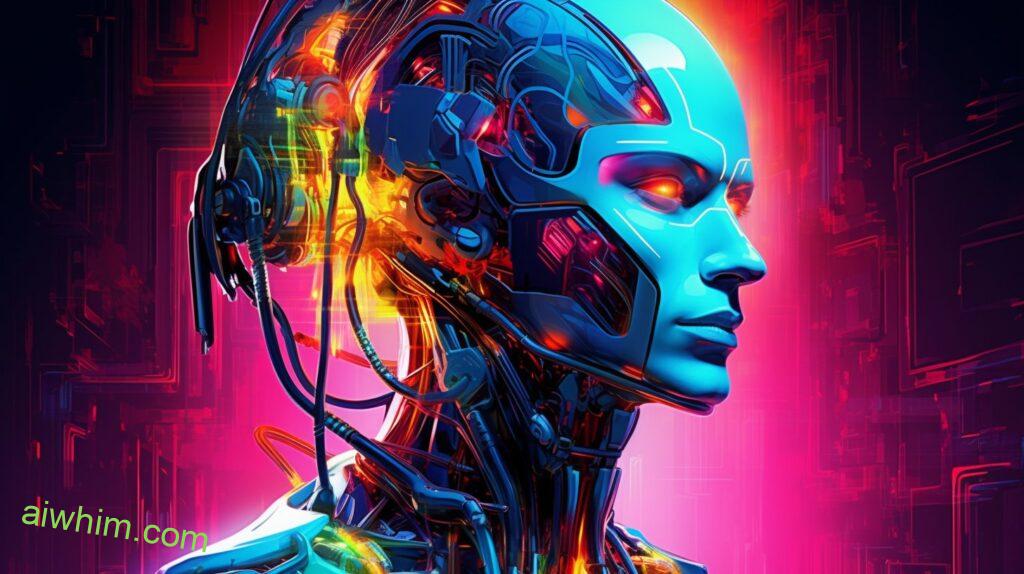Imagine a world where judges, once regarded as the ultimate authority, find themselves in a race against artificial intelligence. Will you need to compete with AI in the courtroom?
As the rise of technology continues to reshape the legal landscape, this article explores the challenges faced by judges in the age of AI.
Discover how they can enhance their skills, ensure fairness and transparency, and navigate the future of the judiciary in this new era of collaboration with AI.
Key Takeaways
- AI technology is becoming prevalent in the legal field and can streamline processes, improve efficiency, and reduce costs.
- While AI can analyze large volumes of legal documents and identify patterns, it lacks the ability to comprehend complex emotions or exercise judgment based on moral values.
- AI can assist in analyzing legal data and identifying patterns, but the final decision still lies in the hands of legal professionals.
- Judges in the AI era face challenges in ensuring the accuracy and fairness of AI systems, navigating ethical considerations, and balancing the potential loss of human judgment and intuition.
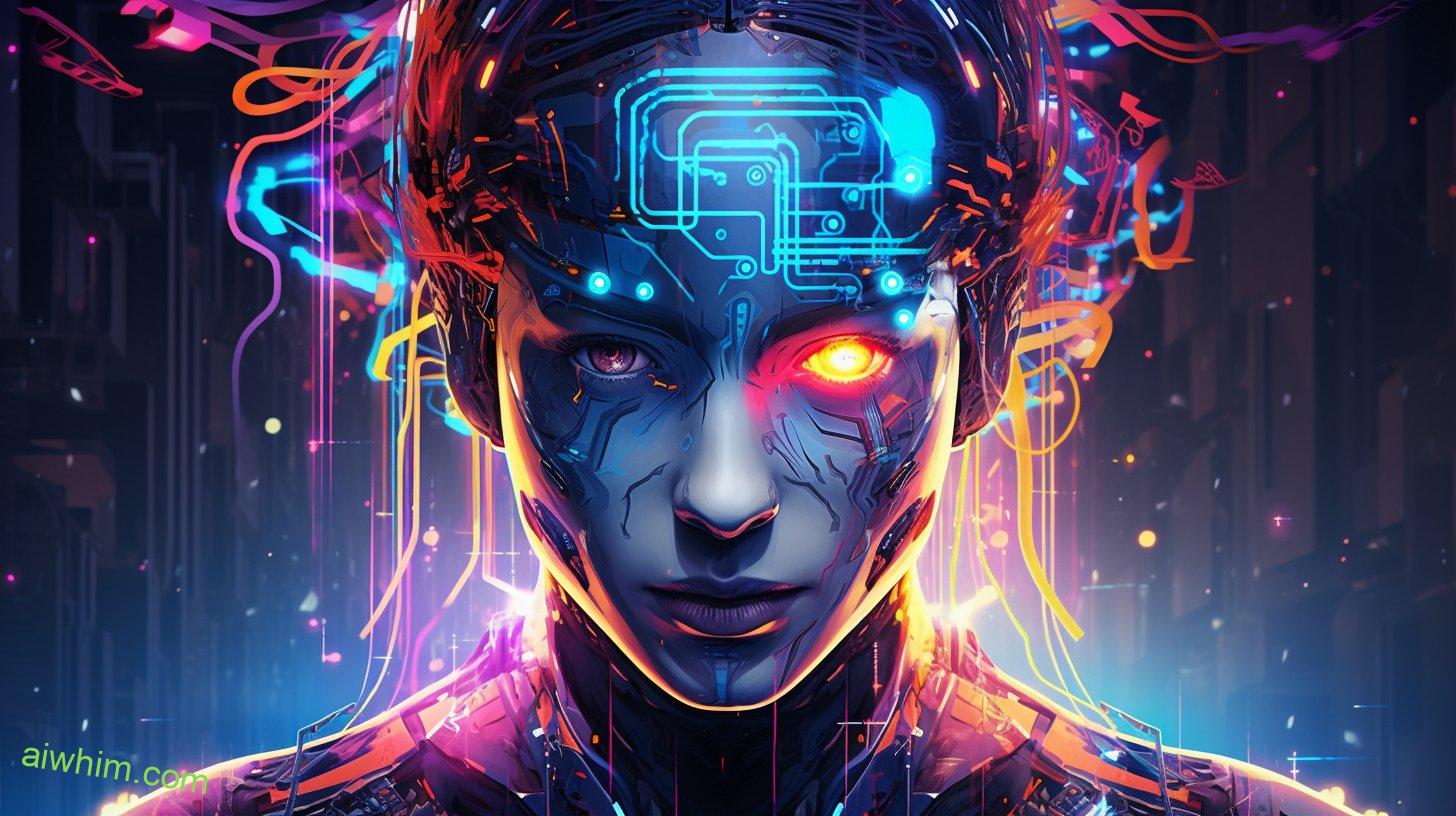
The Rise of AI in the Legal System
You’ll need to adapt to the rise of AI in the legal system. As automation continues to advance, it’s becoming increasingly prevalent in various industries, including the legal field. The rise of automation, particularly in the form of artificial intelligence (AI), is transforming the way legal processes are conducted. This technological advancement has ethical implications that you should be aware of.
AI in the legal system brings both benefits and challenges. On one hand, it can streamline processes, improve efficiency, and reduce costs. AI-powered software can quickly analyze large volumes of legal documents, identify patterns, and provide insights that may have otherwise taken hours or even days for a human to accomplish. This automation can free up time for lawyers and judges to focus on more complex and critical tasks.
However, the rise of AI also raises ethical concerns. One key issue is the potential bias that AI systems may inadvertently perpetuate. Algorithms used in AI systems are trained on existing data, which can contain inherent biases. If these biases aren’t properly addressed, they can influence the decisions made by AI systems and perpetuate unfair outcomes. It’s crucial to ensure that AI technologies are designed and implemented in a way that’s transparent, accountable, and free from discrimination.
In addition, the use of AI in the legal system raises questions about the role of human judgment and decision-making. While AI can provide valuable insights, it can’t fully replace the nuanced judgment and reasoning that humans bring to the table. It’s important to strike a balance between leveraging the benefits of AI and preserving the human element in the legal system.
As the rise of AI in the legal system continues, it’s essential to critically evaluate its ethical implications and ensure that it’s used responsibly. By staying informed and actively participating in discussions surrounding the use of AI, you can help shape a future where technology and human freedom coexist harmoniously.

Understanding Artificial Intelligence in Judgments
Understanding AI in judgments is crucial for staying ahead in the legal profession. As technology continues to advance, artificial intelligence is playing an increasingly significant role in the legal system. It is important to comprehend the limitations of AI and how it impacts legal reasoning.
To fully grasp the implications of AI in judgments, it is essential to understand its limitations. While AI can process vast amounts of data and identify patterns, it lacks the ability to comprehend complex emotions or exercise judgment based on moral values. This means that AI may struggle with making nuanced decisions that require human empathy and ethical considerations.
However, AI’s impact on legal reasoning cannot be overlooked. It has the potential to streamline processes, improve efficiency, and enhance access to justice. By automating tasks such as legal research and document analysis, AI can free up time for legal professionals to focus on more complex and strategic aspects of their work.
To help visualize the importance of understanding AI in judgments, let’s take a look at the following table:
| AI Limitations | AI’s Impact on Legal Reasoning | Understanding AI in Judgments |
|---|---|---|
| Lacks human empathy | Streamlines processes | Crucial for staying ahead |
| Limited ability to exercise judgment | Improves efficiency | Enhances access to justice |
| Cannot comprehend complex emotions | Automates tasks | Allows focus on strategic work |
This table highlights the trade-offs and benefits of AI in the legal profession. While AI may have limitations, it also offers significant advantages in terms of efficiency and access to justice. Therefore, understanding AI in judgments is vital for legal professionals who desire freedom in their practice and want to leverage technology to their advantage.
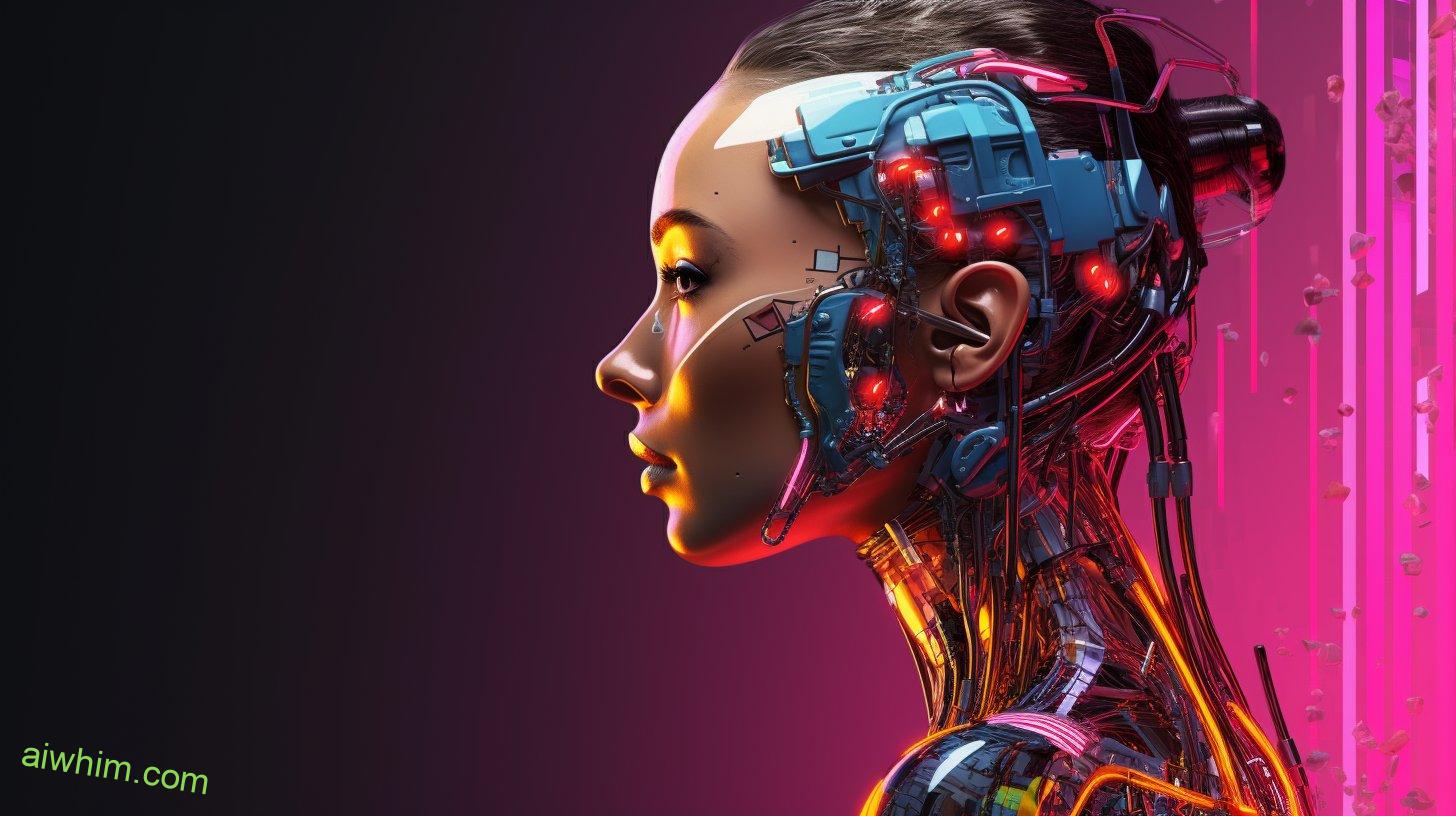
AI’s Impact on Legal Decision Making
To make informed decisions in the legal field, it’s important for professionals like yourself to consider the impact of AI on legal decision making. As AI continues to advance, its impact on legal ethics can’t be ignored. AI has the potential to revolutionize the way legal professionals work and make decisions, but it also raises important ethical questions.
With the development of AI technology, there’s a growing concern about the future of legal professionals. Will judges need to compete with AI? While AI can assist in analyzing vast amounts of legal data and identifying patterns, it can’t replace the judgment and discretion that human judges possess. AI can provide valuable insights and recommendations, but ultimately, the final decision lies in the hands of legal professionals.
However, the use of AI in legal decision making poses ethical challenges. AI algorithms are created by humans and are therefore susceptible to biases and errors. There’s a risk that AI systems may perpetuate existing biases or introduce new ones, leading to unfair outcomes. It’s crucial for legal professionals to be aware of these potential biases and take steps to mitigate them.
The future of legal professionals and AI lies in collaboration rather than competition. AI can enhance the efficiency and accuracy of legal decision making, allowing professionals to focus on more complex and nuanced aspects of their work. By leveraging the power of AI, legal professionals can streamline their processes, improve access to justice, and ensure fair and just outcomes.

Challenges Faced by Judges in the AI Era
As a legal professional in the AI era, you may encounter challenges when it comes to incorporating AI technology into your decision-making process. The implications of using AI in the legal field are vast, but they also come with their fair share of challenges. One of the primary challenges faced by judges is the need to compete with AI.
AI technology has the potential to streamline and automate many tasks traditionally performed by judges, such as legal research and analysis. This can significantly reduce the time and effort required to make decisions. However, it also poses challenges for judges who may feel threatened by the idea of AI taking over their role.
One of the main challenges is ensuring the accuracy and fairness of AI systems. AI algorithms are only as unbiased as the data they’re trained on, and there’s a risk of perpetuating existing biases or inadvertently introducing new ones. Judges must critically evaluate the output of AI systems and ensure that their decisions are based on sound legal principles rather than blindly relying on AI-generated recommendations.
Another challenge is the potential loss of human judgment and intuition. While AI can provide valuable insights and assist in decision-making, it can’t fully replace the wisdom and experience of a human judge. Judges must strike a balance between leveraging AI technology and maintaining their autonomy and discretion in making legal decisions.
Incorporating AI technology into the legal decision-making process also raises ethical considerations. Judges must navigate issues such as privacy, transparency, and accountability when using AI systems. They must ensure that the use of AI aligns with legal and ethical guidelines and doesn’t compromise the principles of justice and fairness.

Enhancing Judicial Skills in the Age of AI
In the age of AI, you can enhance your judicial skills by embracing technological advancements and adapting your decision-making process accordingly. By incorporating AI technology into your practice, you can streamline your workflow, improve efficiency, and make more informed and fair judgments.
To successfully navigate the integration of AI into your judicial decision-making process, you must first understand the benefits it offers. AI can assist you in analyzing vast amounts of legal data and precedents, identifying patterns, and predicting outcomes. This powerful tool can help you make more accurate decisions and ensure consistency in your rulings.
To demonstrate the potential impact of incorporating AI technology, consider the following table:
| Traditional Decision-Making | AI-Enhanced Decision-Making |
|---|---|
| Relies on human expertise | Utilizes data analysis |
| Prone to biases and errors | Minimizes biases and errors |
| Time-consuming | Increases efficiency |
| Limited access to information | Provides comprehensive insights |
As a judge who values freedom and fairness, embracing AI technology should not be seen as a threat to your skills, but rather as a tool to enhance your decision-making process. By leveraging AI, you can access a wealth of information, analyze complex legal cases, and deliver more consistent and just rulings.
It is important to note that while AI can assist in decision-making, it should never replace the human judgment and ethical considerations that are essential to the judicial process. As you adapt to the age of AI, always remember that your role as a judge is to uphold justice and protect the rights and freedoms of all individuals.

Ethical Considerations Surrounding AI in the Judiciary
As a judge, you must carefully consider the ethical implications of incorporating AI technology into the judicial system. While AI has the potential to streamline processes and improve efficiency, it also raises concerns about fairness and justice. Here are three important considerations to keep in mind:
- Ethical Implications: The use of AI in the judicial system raises questions about the ethical implications of relying on algorithms to make decisions that impact people’s lives. As a judge, you’ve a responsibility to ensure that the use of AI technology aligns with fundamental ethical principles, such as fairness, transparency, and accountability. It’s crucial to evaluate whether AI systems are capable of upholding these principles and to establish safeguards to prevent any potential abuses.
- Algorithmic Bias: One of the key concerns surrounding AI in the judiciary is algorithmic bias. AI algorithms are trained using vast amounts of data, and if that data is biased or reflects existing inequalities, the algorithms can perpetuate and amplify those biases. As a judge, you must be vigilant in identifying and addressing any biases that may be present in the AI systems used in the judicial process. It’s essential to ensure that AI technology is developed and implemented in a manner that’s fair and unbiased.
- Human Oversight: While AI can assist judges in analyzing and processing large amounts of information, it shouldn’t replace human judgment and decision-making. As a judge, you must exercise your discretion and critically evaluate the recommendations or predictions made by AI systems. It’s important to strike a balance between the use of AI technology and the preservation of human judgment, ensuring that the final decisions are fair, just, and in line with the values of a free society.
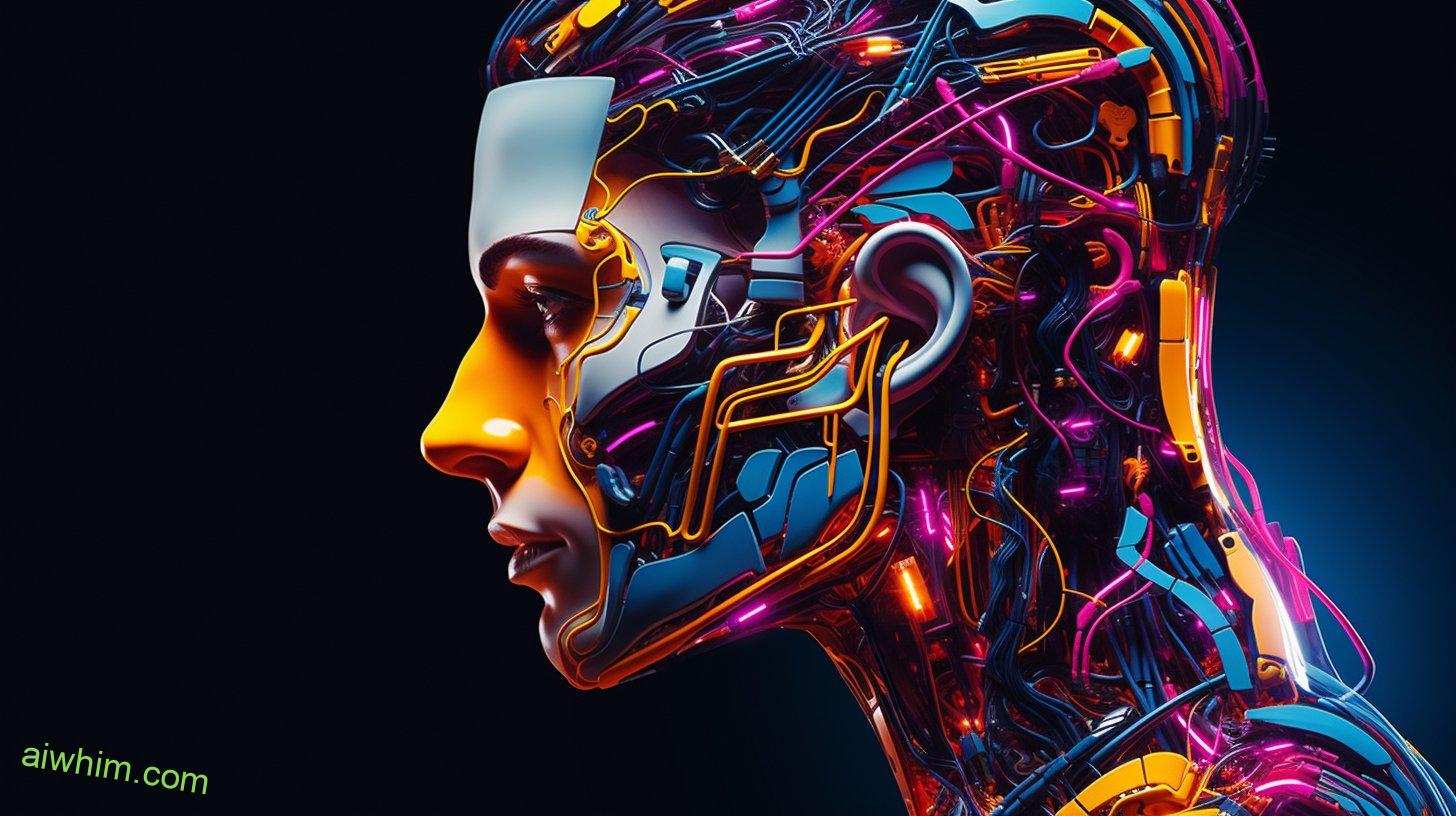
Balancing Human Judgment and AI Algorithms
Now that we have explored the ethical considerations surrounding AI in the judiciary, let’s delve into the crucial task of balancing human judgment and AI algorithms. In this era of technological advancement, it is essential to find a harmonious coexistence between human decision-making and the capabilities of AI.
As humans, we possess a unique ability to empathize, interpret complex emotions, and consider the broader context. These qualities enable us to make nuanced decisions that go beyond the metrics and patterns identified by AI algorithms. Our intuition, experience, and values shape our judgment, allowing us to consider factors that may not be quantifiable.
However, it is important to acknowledge that AI algorithms can also bring significant benefits to the judicial system. They can process vast amounts of data, identify patterns, and provide objective insights. However, we must be cautious of algorithmic bias, where AI systems may unintentionally perpetuate existing prejudices present in the data they are trained on. This bias can lead to unfair decisions and undermine the principles of justice and freedom.
To strike the right balance, it is crucial to ensure that human judgment remains at the core of decision-making while leveraging the strengths of AI algorithms. This can be achieved through regular training and education for judges to understand the limitations and potential biases of AI systems. Additionally, implementing transparency and accountability measures can help identify and rectify any instances of algorithmic bias.
Let’s take a moment to reflect on the importance of balancing human judgment and AI algorithms in the table below:
| Human Judgment | AI Algorithms |
|---|---|
| Empathy | Data Processing |
| Contextual Understanding | Pattern Identification |
| Nuanced Decision-making | Objective Insights |
| Values and Ethics | Potential Bias |

The Role of AI in Legal Research and Analysis
You can enhance your legal research and analysis by leveraging the capabilities of AI. Artificial Intelligence (AI) has revolutionized various industries, and the legal field is no exception. By incorporating AI into your legal research, you can streamline the process, improve accuracy, and gain valuable insights.
Here are three ways AI is impacting legal research:
- Efficient Document Analysis: AI-powered algorithms can analyze vast amounts of legal documents in a fraction of the time it would take a human. This ability allows you to quickly identify relevant cases, statutes, and precedents, saving you countless hours of manual work.
- Enhanced Legal Prediction: AI’s role in legal decision making is increasingly important. Machine learning algorithms can analyze past cases and predict the outcomes of similar ones. By utilizing AI, you can make more informed decisions, assess risks, and develop winning strategies.
- Improved Legal Research Tools: AI has transformed legal research tools, making them more intuitive and user-friendly. Natural Language Processing (NLP) enables you to perform complex searches and retrieve relevant information with ease. AI-powered legal research platforms can also provide personalized recommendations based on your research history, ensuring you don’t miss any crucial insights.
The impact of AI on legal research can’t be overstated. It empowers you to delve deeper into cases, discover patterns, and make well-informed decisions. However, it’s essential to remember that AI is a tool, and human judgment remains crucial. While AI can assist in legal research and analysis, it can’t replace the critical thinking and expertise of legal professionals.
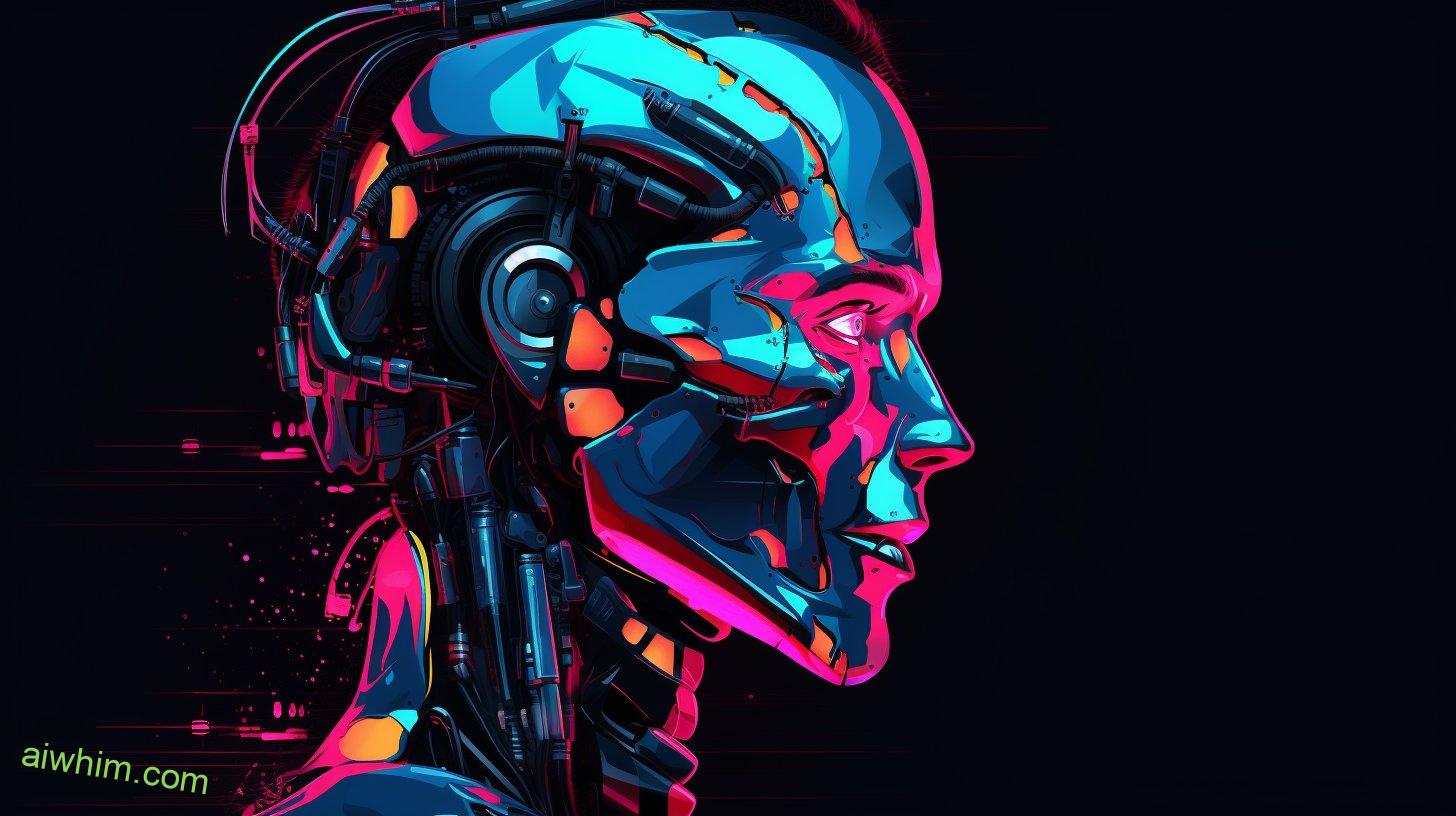
Exploring the Potential of AI in Case Predictions
By incorporating AI into legal case predictions, you can gain valuable insights and make more informed decisions. AI’s impact on case management has been revolutionary, offering a new way to predict legal outcomes with accuracy and efficiency. With the power of AI, you can now have a helping hand in navigating the complexities of the legal system.
Predicting legal outcomes with AI has the potential to transform the way cases are managed. AI algorithms can analyze vast amounts of data, including previous case precedents, judge’s rulings, and legal statutes, to identify patterns and trends. This allows you to have a clearer understanding of the potential outcomes of your case and make well-informed decisions based on that information.
AI’s impact on case management goes beyond just predictions. It can also assist in managing and organizing case-related documents, saving you time and effort. AI-powered software can automatically categorize and index documents, making it easier to retrieve and analyze crucial information. This not only increases efficiency but also reduces the chances of missing important details that could impact the outcome of your case.
In addition to its practical benefits, AI in case predictions also promotes freedom. By leveraging AI technology, you’re no longer solely dependent on the expertise and biases of human judgment. Instead, you’ve access to a data-driven approach that considers a wide range of factors. This allows for a more objective and fair evaluation of legal cases, ensuring that justice is truly served.

Ensuring Fairness and Transparency in AI-Driven Decisions
When using AI algorithms for case predictions, it’s important to ensure fairness and transparency in the decision-making process. As an individual who values freedom, you understand the significance of these principles in upholding justice. AI-driven decisions can present fairness challenges and transparency concerns, but by addressing them, we can build a system that promotes equality and trust.
Here are three key considerations to ensure fairness and transparency in AI-driven decisions:
- Data Bias Mitigation: AI algorithms rely on data to make predictions, and if the data used is biased, it can lead to unfair outcomes. It’s crucial to identify and mitigate any biases in the training data to prevent discriminatory decisions. This can be achieved by collecting diverse and representative data, regularly auditing the algorithms for bias, and implementing corrective measures when necessary.
- Explainability and Interpretability: AI algorithms often work as black boxes, making it difficult to understand the reasoning behind their decisions. To ensure transparency, it’s important to develop AI systems that provide explanations for their predictions. By understanding how the algorithms arrive at their conclusions, individuals can have confidence in the decision-making process and hold the AI accountable.
- Human Oversight and Accountability: While AI can assist in decision-making, human oversight and accountability are essential. Judges and legal professionals should have the final say and be responsible for the decisions made. It’s crucial to establish clear guidelines and regulations regarding the use of AI in legal proceedings to maintain control and ensure that ethical considerations are upheld.
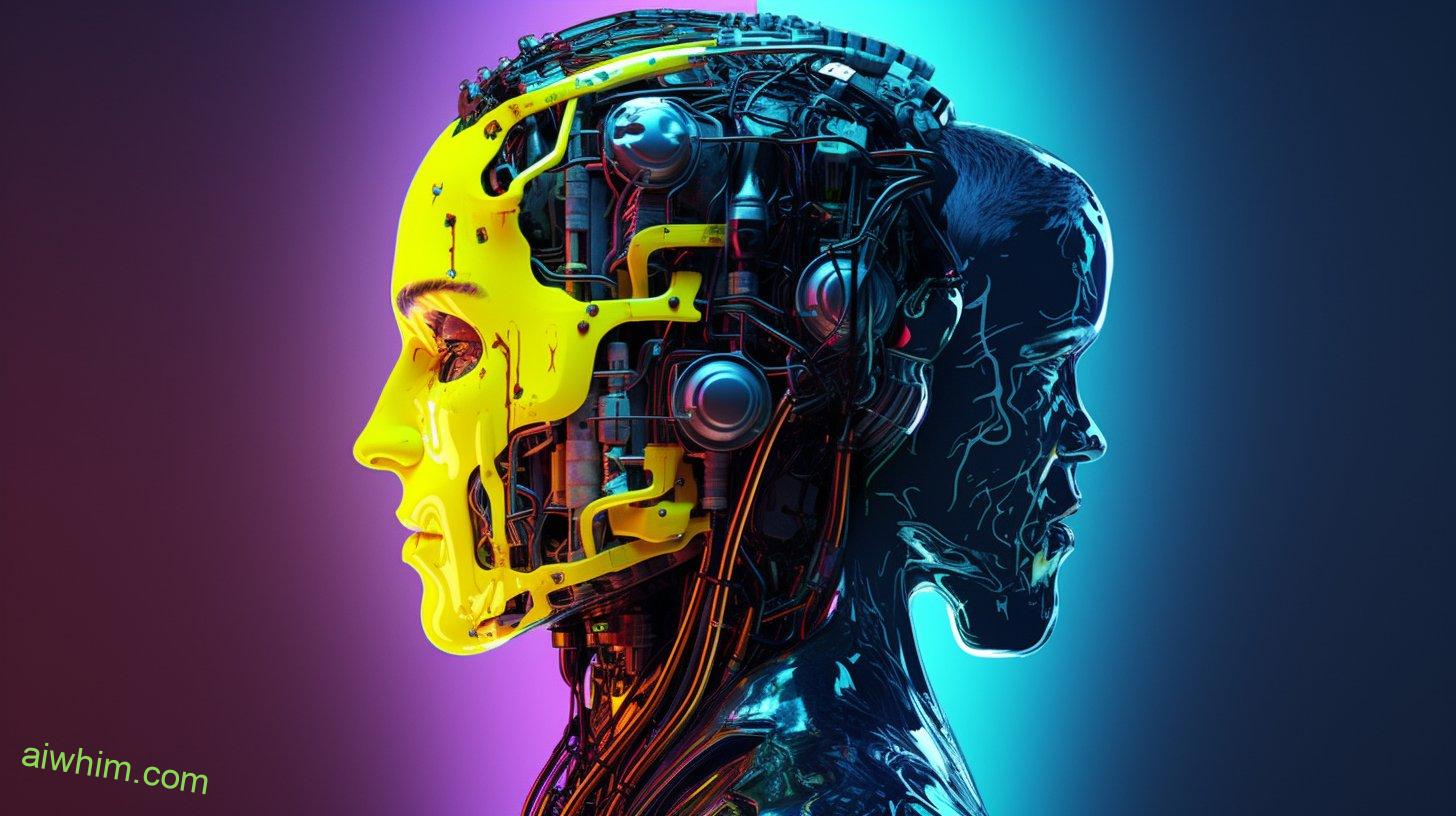
Adapting Legal Education for the AI Revolution
As legal education continues to evolve, adapting to the AI revolution is essential for staying relevant and preparing future legal professionals for the changing landscape. The rise of artificial intelligence in the legal field has led to the need for a revamped legal curriculum that incorporates training for AI lawyers. This ensures that law graduates are equipped with the necessary skills to work alongside AI systems, enhancing their capabilities and improving efficiency.
To grab your attention, let’s take a look at a table that highlights the key aspects of adapting legal education for the AI revolution:
| Key Aspects | Description | Benefits |
|---|---|---|
| Incorporating AI | Integrating AI-related courses into the curriculum to educate students about AI technologies. | Enhances understanding and prepares students for AI-driven work |
| Ethical Implications | Teaching the ethical considerations surrounding AI and its impact on the legal profession. | Ensures responsible use of AI and protects individual rights |
| Practical Experience | Providing hands-on experience with AI tools and software to develop practical skills. | Enables graduates to effectively utilize AI in their work |
By adapting the legal curriculum to include AI training, law schools empower their students to embrace the AI revolution and leverage its potential. This ensures that future legal professionals can effectively collaborate with AI systems, making the legal processes more streamlined and efficient.
Moreover, training AI lawyers allows them to understand the ethical implications of using AI in the legal field. This knowledge ensures that AI is deployed responsibly, without compromising individual rights or introducing biases.
Incorporating practical experience with AI tools and software gives law graduates a competitive edge. They can leverage AI’s capabilities to perform legal research, document analysis, and contract review more efficiently, freeing up valuable time for higher-level tasks that require human judgment.
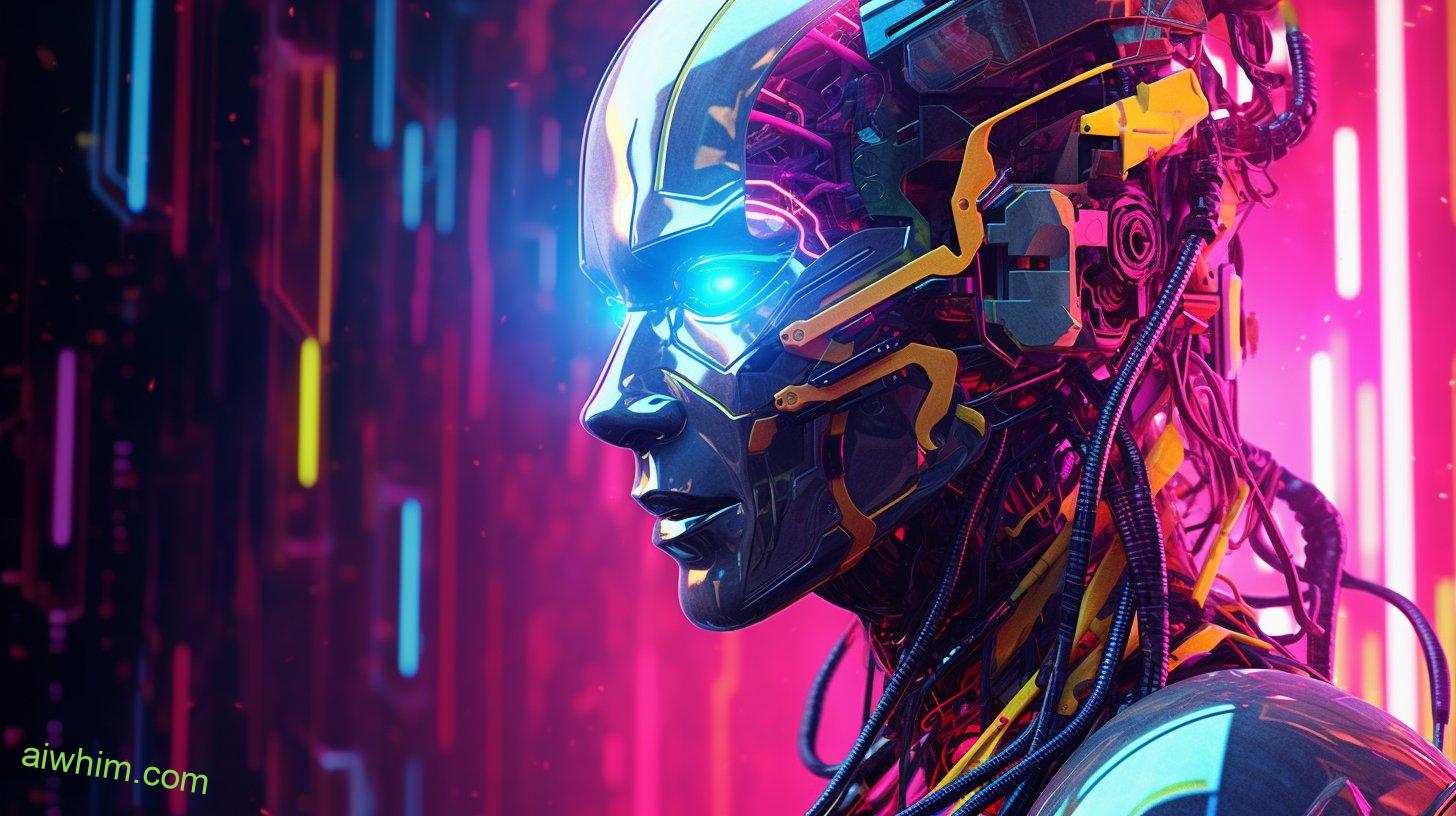
The Future of Judges in an AI-Driven World
In an AI-driven world, you must adapt your approach as a judge to effectively navigate the changing legal landscape. The future implications of AI’s impact on the judiciary are vast, and it’s essential for judges to embrace technological advancements while upholding the principles of justice and freedom.
- AI-assisted decision-making: With the increasing use of AI in legal processes, judges will need to understand and utilize AI tools to assist in decision-making. AI algorithms can analyze vast amounts of data and provide insights that can aid judges in making informed and fair judgments. However, judges must also ensure that the use of AI doesn’t compromise the human element of justice, as empathy and subjective judgment are crucial aspects of the judicial process.
- Ethical considerations: As AI becomes more integrated into the legal system, judges must grapple with ethical questions. They must consider issues such as bias in AI algorithms, privacy concerns, and the potential for AI to perpetuate existing inequalities. It’s essential for judges to stay informed about the ethical implications of AI and take proactive measures to safeguard individuals’ rights and freedoms.
- Adapting legal frameworks: The rise of AI will necessitate the adaptation of legal frameworks to accommodate new challenges and complexities. Judges will play a crucial role in interpreting and applying these laws to ensure they align with the changing technological landscape. They’ll need to develop a deep understanding of AI technology and its limitations to make well-informed decisions that protect individual freedoms and uphold the principles of justice.
As a judge in an AI-driven world, it’s vital to embrace the future implications of AI’s impact while remaining steadfast in your commitment to justice and freedom. By adapting your approach, understanding AI tools, considering ethical considerations, and shaping legal frameworks, you can navigate the changing landscape and ensure that the human element of justice is preserved.

Collaborating With AI: a New Era for the Judiciary
Embracing the collaboration with AI in the judiciary allows you to leverage its capabilities and enhance your decision-making process. The advent of Artificial Intelligence (AI) in the legal field has brought about significant implications for courtrooms and legal ethics. As a judge, you’ve the opportunity to embrace this new era and harness the power of AI to improve the efficiency and fairness of the judicial system.
AI technology can assist you in conducting legal research, analyzing vast amounts of data, and identifying patterns that may be crucial to a case. By incorporating AI into your workflow, you can save time and effort, enabling you to focus on the more complex aspects of your work. AI can also help in predicting outcomes based on historical data, allowing you to make more informed decisions.
However, it’s important to consider the ethical implications of relying on AI in the courtroom. While AI can provide valuable insights and assist in decision-making, it shouldn’t replace human judgment entirely. As a judge, you’ve the responsibility to ensure that AI is used in a fair and unbiased manner. It’s crucial to maintain transparency and accountability when utilizing AI algorithms to avoid any potential biases or errors.
Collaborating with AI in the judiciary doesn’t mean surrendering control or losing the human touch. It means embracing technology as a tool to enhance your decision-making process. By working alongside AI, you can benefit from its capabilities while upholding the principles of justice and freedom. Embrace this new era, keeping in mind the importance of maintaining ethical standards and using AI responsibly in the courtroom.

Frequently Asked Questions
How Can Judges Maintain Their Independence and Impartiality in an AI-Driven World?
Maintaining objectivity and ethical concerns are crucial for judges in an AI-driven world. You must stay vigilant in upholding your independence and impartiality, ensuring that justice prevails over technological advancements. Freedom depends on it.
What Potential Biases or Limitations Should Judges Be Aware of When Using AI in Their Decision-Making Process?
When using AI in your decision-making process, it’s important to be aware of potential biases, limitations, and ethical concerns. Ensure accountability, transparency, and consider public perception to maintain your independence and impartiality.
Will the Integration of AI in the Legal System Lead to Job Losses for Judges?
You may wonder about job security and ethical concerns as AI integrates into the legal system. The potential for job losses among judges becomes a pressing issue.
What Steps Can Judges Take to Ensure Transparency and Accountability When Using AI Algorithms?
To ensure transparency and accountability while using AI algorithms, judges can implement transparency measures like open-source algorithms and public audits. Additionally, accountability safeguards like regular evaluations and ethical guidelines can help maintain fairness and justice.
How Will the Collaboration Between Judges and AI Impact the Public’s Perception of the Judicial System?
Collaboration between judges and AI could impact public trust in the judicial system, as it raises ethical considerations. Imagine a partnership like a symphony, where human insight and AI analysis harmonize, fostering a fair and accountable justice system.
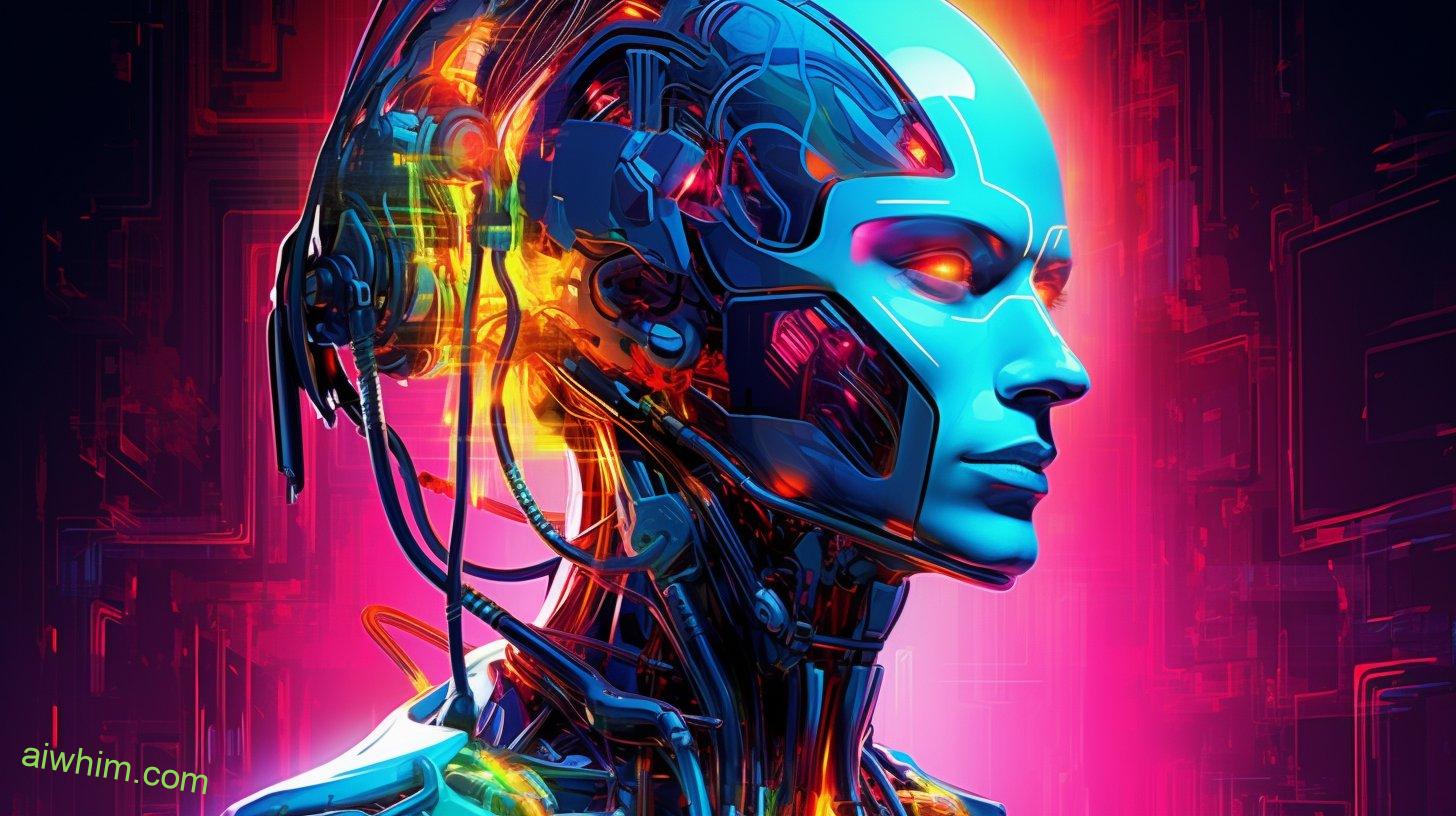
Conclusion
So, judges, get ready to put on your boxing gloves because it looks like you’ll be stepping into the ring with AI.
With the rise of artificial intelligence in the legal system, you’ll need to up your game and compete against these technological marvels.
But hey, no pressure, right? Just make sure to enhance your skills, ensure fairness, and adapt to this AI revolution.
It’s a whole new era for the judiciary, and collaboration with AI is the name of the game.
Good luck!

